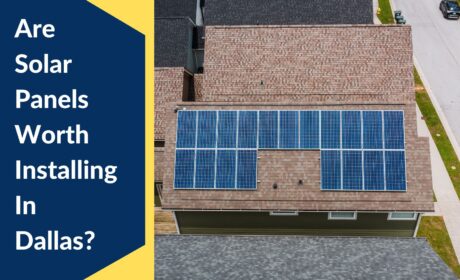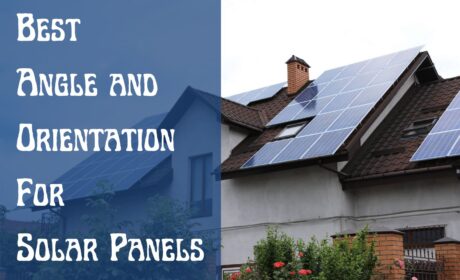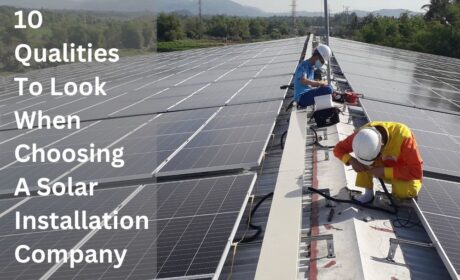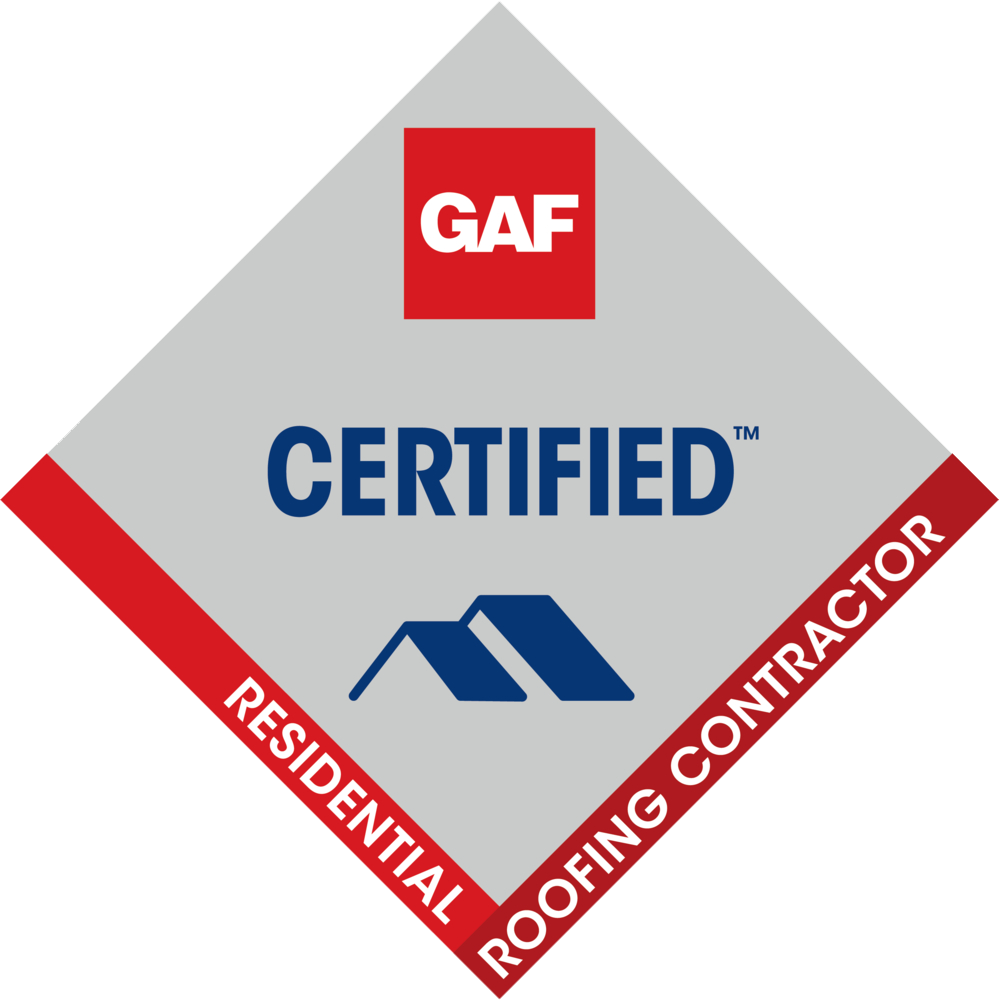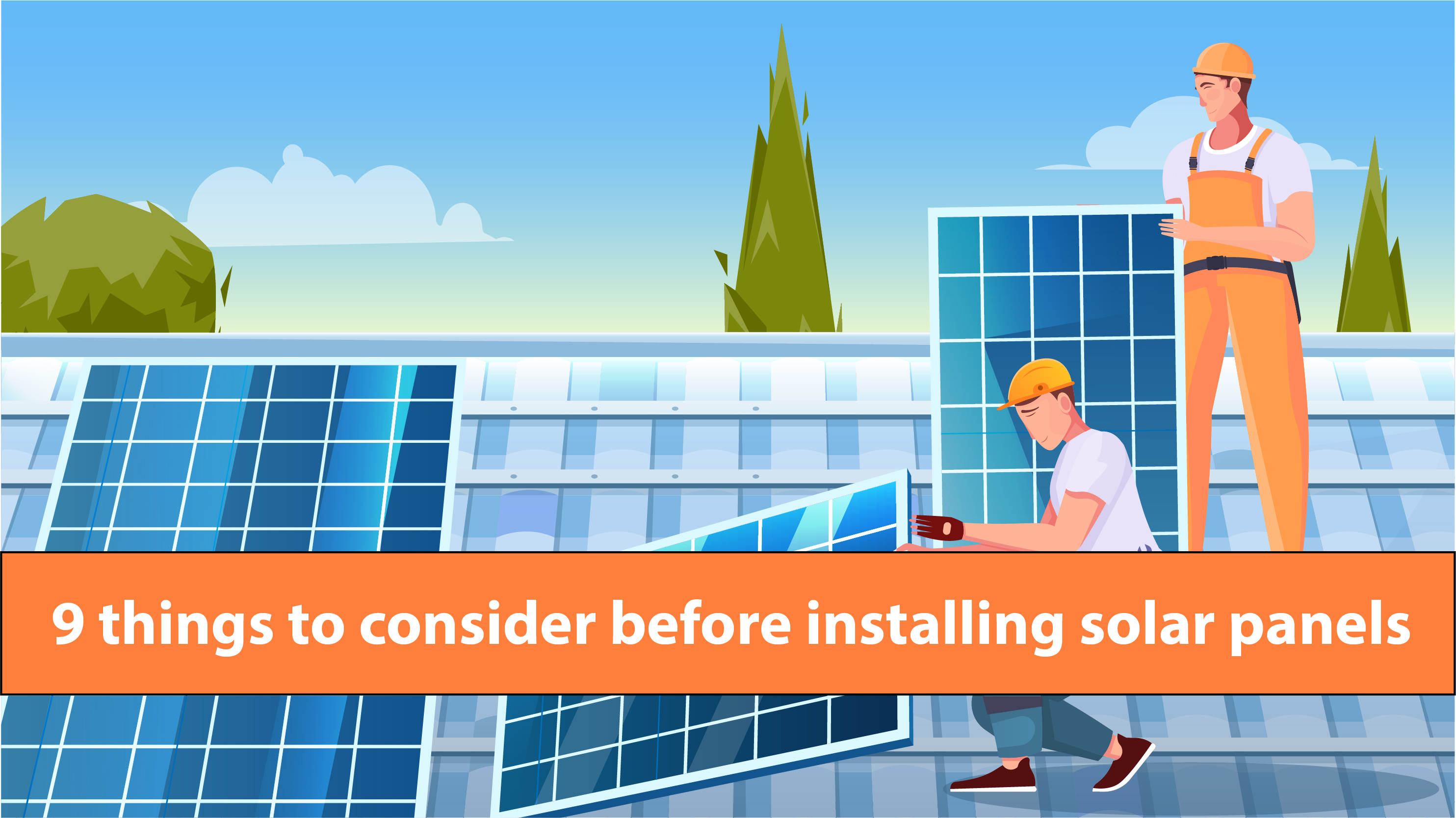
Energy prices keep ticking up every year. This makes Texans think about bringing a touch of sunshine into their homes by installing solar panels. With those panels, you can say goodbye to those sky-high electric bills. Why wouldn’t you want to benefit from free green energy coming from the Sun? But there are a few things to consider before installing solar panels.
Contrarily, nothing could be far from the truth. You can get great financing and leasing options with low fixed monthly payments. Tax credits and rebates are also available to help offset the cost of the system. This ultimately reduces your ROI to almost 5–7 years. That’s outstanding!
What exactly are solar panels?
Solar panels work by converting sunlight into electricity. You can locate the majority of solar panels on roofs. You may also install them on ground mounts where there’s a consistent burst of sunshine.
The excess energy produced can be stored in a battery or sent back to the grid providing a credit to your account with net metering.
Read also: Net Metering Explained: What, Why, and How? All You Need to Know About Net Metering
In any situation, you save money on your monthly payments. But before going solar, you must know the following pointers to get the best possible solar solution. You can also book our free solar consultation to get advice on reducing your electric bills.
Things to consider before installing solar panels:
You need a few things to consider before installing Solar Panels. These factors will help you make an informed decision.
1. Prep your roof before installing solar panels
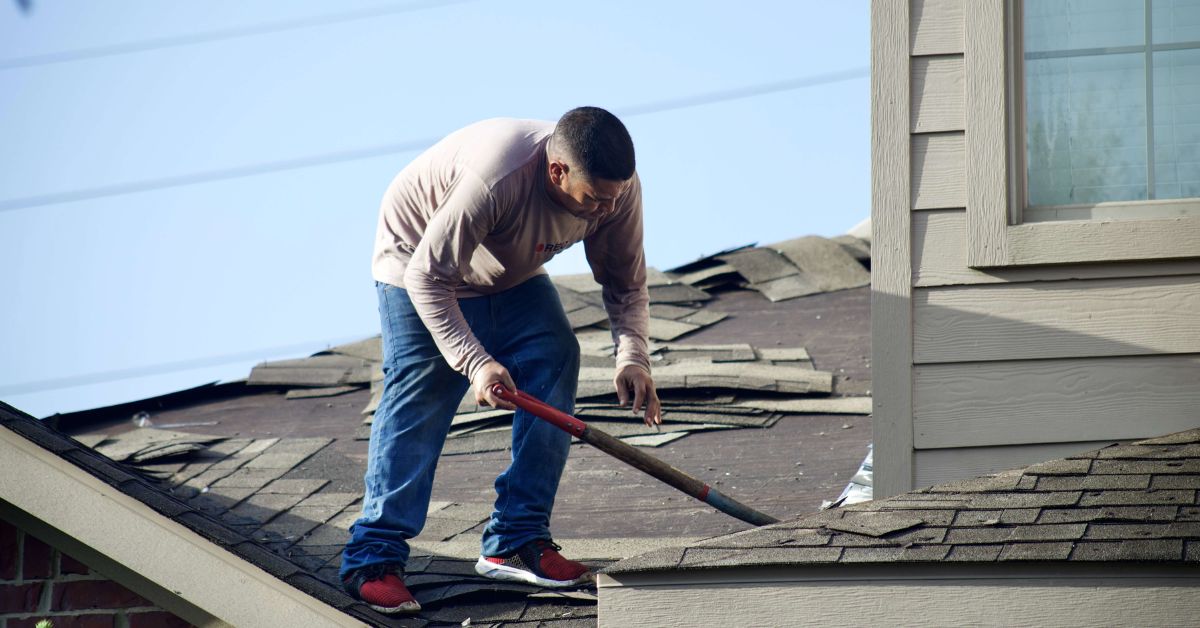
Your roof may be older or damaged. It may be unable to withstand the load of solar panels. You should have an expert check it to ensure that it is highly durable. It’s also wise to get any essential repairs done before installing the solar system.
At the very least, technically, your roof should be pretty new. Otherwise, the entire grid will have to be removed in the future to perform the fixes. If your roof is unable to carry the weight and you can’t pay to replace it. Installing solar panels on the ground using ground mounts will be wise. Angle the solar panels towards the direction that receives the most sunlight. It will maximize their effectiveness.
2. Types of solar panels are available
You get three choices when you’re installing solar panels: monocrystalline, polycrystalline, and thin film. Monocrystalline is one of the most prevalent choices seen in residential buildings. This is the most efficient of all solar panels. Apart from that, it comes at a higher cost as a result.
Polycrystalline panels are less efficient in comparison, although they are less expensive. On the other hand, thin-film panels have a finer design that allows them to be more portable and flexible.
However, they both are not as efficient as monocrystalline solar panels. The size of your property and your budget will determine the ideal solar panel solution for you.
Then there’s the debate over installing solar panels versus mounting solar shingles. Solar panels are more efficient and less expensive in comparison. Solar shingles are a newer technology. Instead of placing them on your roof, they are made to appear like your shingles, making them more visually appealing. Solar shingles are substantially more costly than solar panels.
3. Cost of solar panels
Before investing, make certain that you are completely clear about the cost of installing solar panels. Expect to invest a minimum of $15,000 to $20,000 in installing solar panels and their installation. You’ll almost certainly hire an expert to install your panels, and you’ll also need to prepare for any roof repairs ahead of time.
Either way, you should expect ROI within 5-7 years on average. Due to rising costs in commodities used to produce electricity like natural gas, coupled with inflation, electricity costs continue to rise year by year so it doesn’t take long for the solar system to pay for itself especially when you consider all the tax benefits given to those who go solar.
4. Invest in or lease solar panels
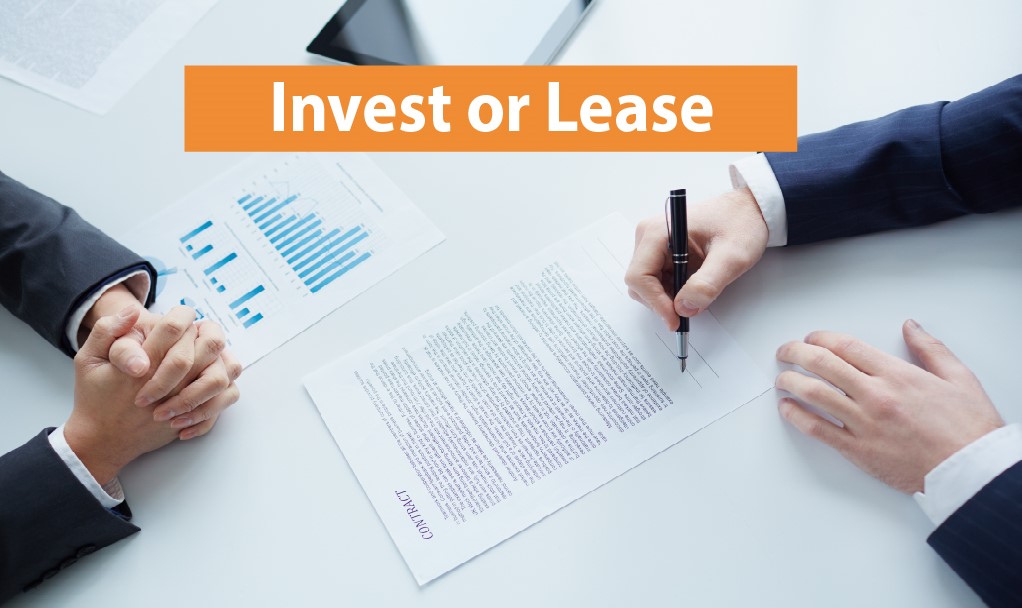
One of the most important decisions you’ll have to make is whether to buy or lease solar panels. You don’t need to take out financing, however, if you pick this option, you do not lawfully own the panels; instead, the equipment is held by a third party.
Furthermore, because it is not a permanent asset, it will not increase the value of your home. Also, you can’t claim tax exemptions. However, leasing is not entirely useless. You will still save money on your electricity bills, and there will be no additional cost. Leasing is a great option, especially for those who have a very low tax liability.
5. Get a permit before installing solar panels
Every state and locality will enforce its own set of restrictions regarding solar panels. You may need a permit before installing them. It might take some days to approve based on what is required. So get this addressed first before picking and installing your solar panels. A professional installation provider should be able to handle the permitting procedure. So make sure to inquire.
You can use our free solar consultation service to ensure that you are not inconvenienced.
6. Qualify for tax rebates
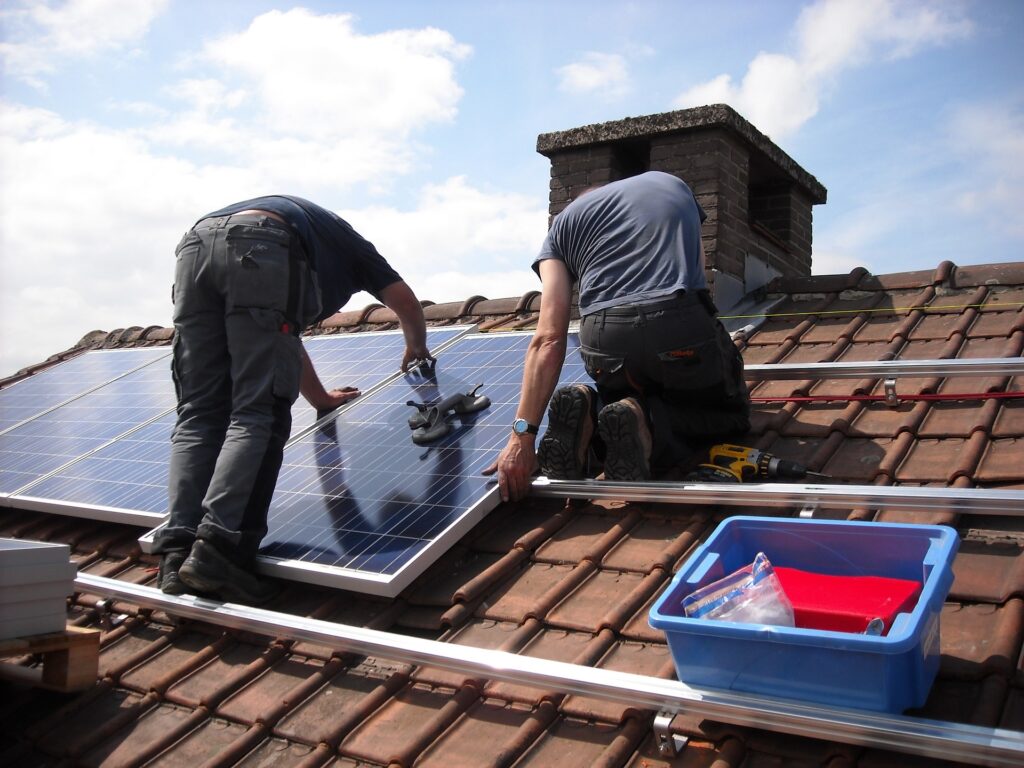
The federal government is currently offering a tax credit for 30% of the total system cost. Some states provide incentives to encourage the installation of solar panels as well. This is a big advantage for you. The technicalities will vary depending on your area. But you may be eligible for tax credits and rebates in exchange for your commitment to sustainability.
In Texas, depending on the size of your solar energy system, this tax credit generally ranges from $4,000 to $9,000, delivering considerable net cost savings. Furthermore, the federal government offers tax benefits to homeowners. So make sure you check your eligibility and take advantage of it. However, if you lease solar panels, you will not be able to receive the rebate.
So, qualifying for tax rebates is a thing to consider before installing solar panels.
7. A battery backup system
Solar panels are fantastic for generating power when the sun is shining. But what about when there’s sundown? A lot of solar panel contractors also offer the option of installing a backup battery. So that even when the sun sets, you may still take advantage of your solar panels and avoid using grid electricity.
A backup battery will raise the total cost of installing solar panels by at least $5,000. But it will supply you with electricity in the event of a power disruption in your neighborhood without the need for a loud generator.
8. Can you do it yourself (DIY)?
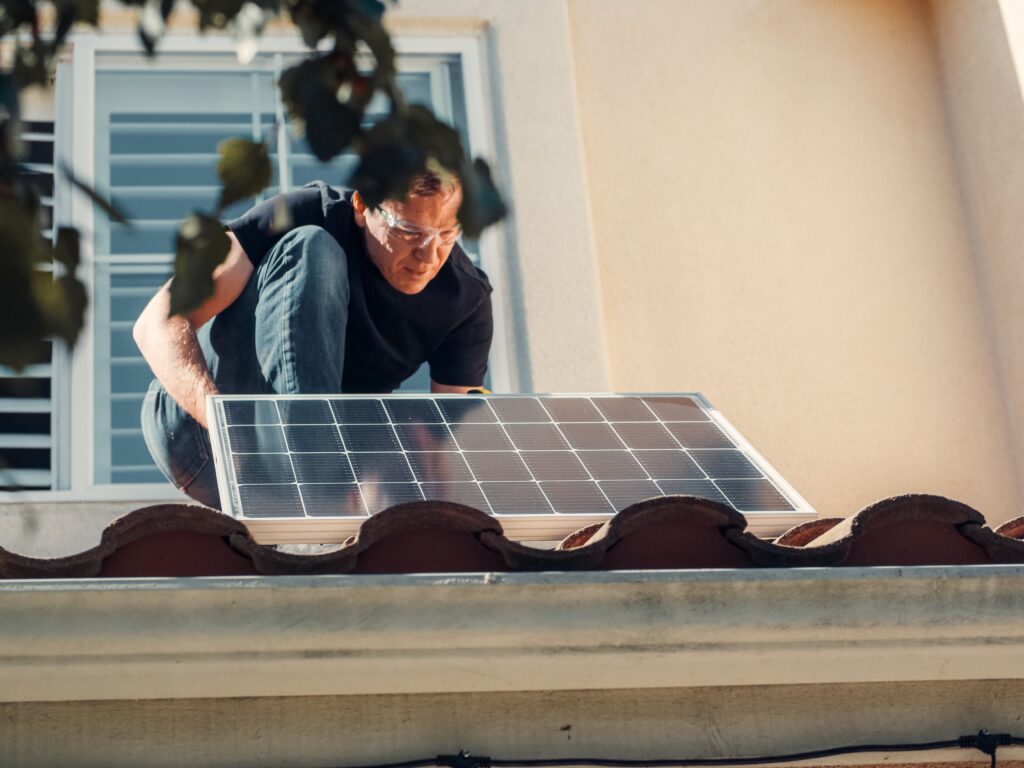
We recommend installing solar panels by a professional installer. There are several things that might go wrong if you are not adequately trained and educated in the installation procedure. Here are some examples:
Problems with Wiring:
This is a task that demands the handling of electric equipment. If you put it up wrong, you might cause electric shocks that are dangerous to you and everybody around you. You should consult an electrician for any type of electrical work.
Leaky Roof:
When installing solar panels, you need to drill holes in the roof. If holes are not correctly formed and filled, they can cause leaks and ruin your roof.
Safety Measures and Code Compliance:
Most solar panel warranties mandate expert installation. If you install the panels yourself, the warranties are null and void. Keep things running smoothly during installation so you won’t have to pay out of pocket.
Besides, if you are unfamiliar with permits or other relevant laws related to solar panel installation, they might be tough to follow. Complete the documentation accurately to avoid denial of the solar panel installation project.
9. Solar panels need maintenance
Maintaining your solar panels and your roof is crucial. It’s a good idea to find out what those maintenance methods are from your contractor before you begin the installation. If you fail to meet maintenance demands and needs, your equipment may not last as long as you want.
Conclusion:
If you’re thinking about making the switch to solar energy, don’t forget that it requires some careful planning and attention. If you’re new to alternative electricity solutions for your home, starting the process can be intimidating. To help guide you, we’ve put together a list of nine essential things to consider before installing solar panels. And if you’re still feeling unsure, don’t hesitate to reach out to us and schedule a free appointment for a personalized solar consultation.
